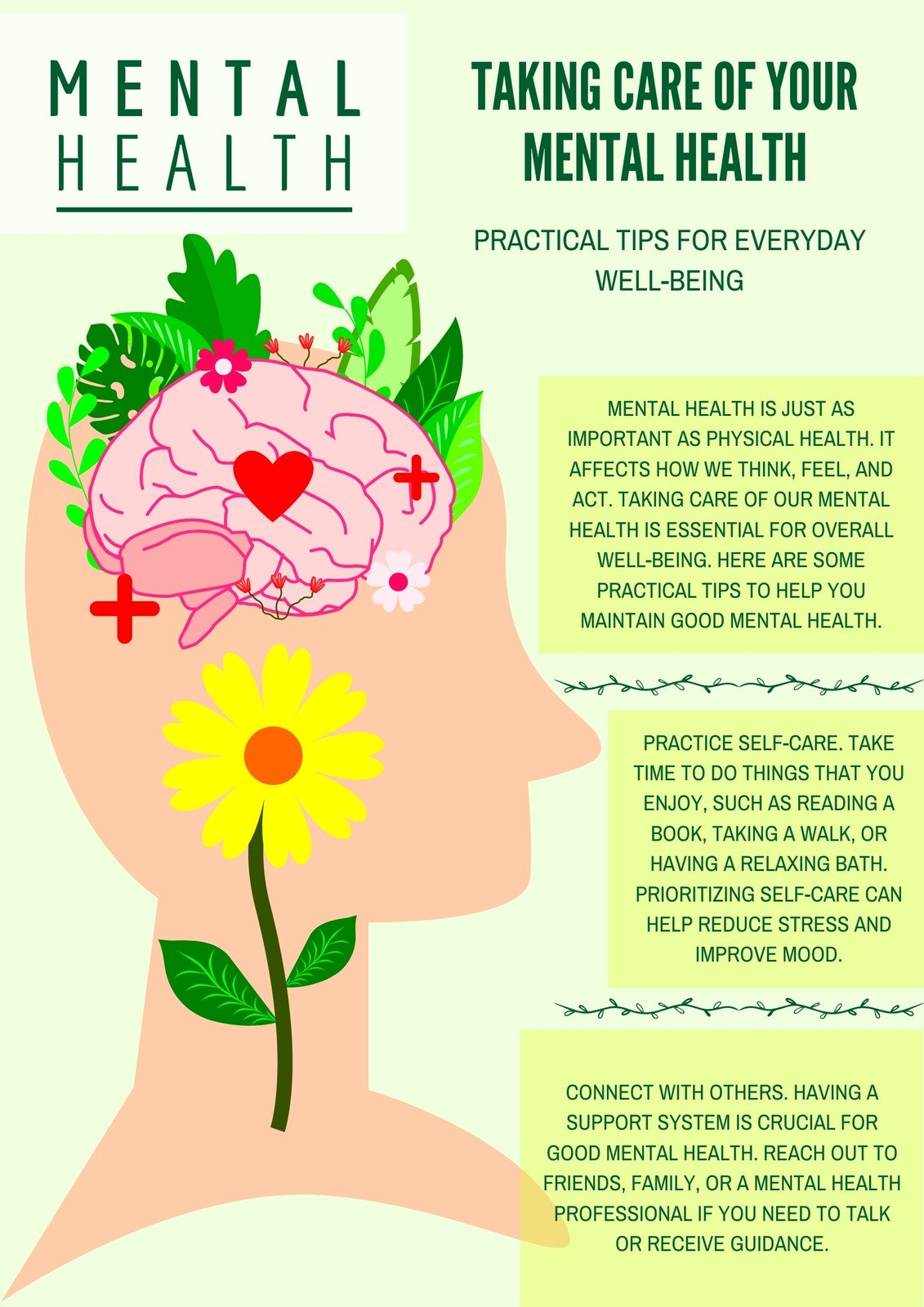Balancing Gaming, Life, and Socializing: The Ultimate Gamer's Guide

Urban Pedia Wiki
Your one-stop destination for all the information you need - from technology updates, health articles, tutorial guides, entertainment news, sports results, to daily life tips.

1. Understanding the Challenge: Why Balance Matters
The Impact of Unbalanced Gaming

| Area of Life | Potential Negative Impact of Imbalance |
|---|---|
| Work/Studies | Decreased productivity, missed deadlines, poor grades, job loss |
| Social Life | Social isolation, strained relationships, loneliness |
| Physical Health | Sleep deprivation, sedentary lifestyle, obesity, eye strain, carpal tunnel syndrome |
| Mental Health | Anxiety, depression, addiction, irritability |
| Personal Hygiene | Neglect of self-care, poor hygiene |
| Finances | Wasted income, potential overspending on in-game purchases |
2. Time Management: Your Key to Success
Creating a Realistic Schedule

- Use a digital calendar or planner to schedule your time.
- Prioritize tasks based on importance and deadlines.
- Set realistic time limits for gaming sessions to avoid overdoing it.
- Schedule breaks and meals to prevent burnout and stay healthy.
- Review and adjust your schedule regularly to accommodate changes in your life and priorities.
3. Communication and Boundaries: Protecting Your Relationships
Communicating Effectively

- Talk to your family and friends about your gaming activities.
- Explain why you enjoy playing games and how it fits into your life.
- Set boundaries to communicate your gaming schedule and availability.
- Schedule regular quality time with your loved ones.
- Be mindful of your words and actions when interacting with others.
4. Prioritizing Your Physical and Mental Health
Creating Healthy Habits

| Healthy Habit | Implementation Strategies |
|---|---|
| Regular Exercise | Schedule at least 30 minutes of physical activity most days of the week. Even a walk is a start. |
| Balanced Diet | Prioritize whole foods, fruits, vegetables, and lean protein (cook at home to control for macros!). |
| Sufficient Sleep | Aim for 7-9 hours of sleep per night. Establish a consistent sleep schedule and stick to it. |
| Regular Breaks | Take 15-minute breaks every hour or more to rest your eyes and stretch. |
| Mindfulness & Relaxation | Practice meditation or deep breathing exercises whenever stress arises. |